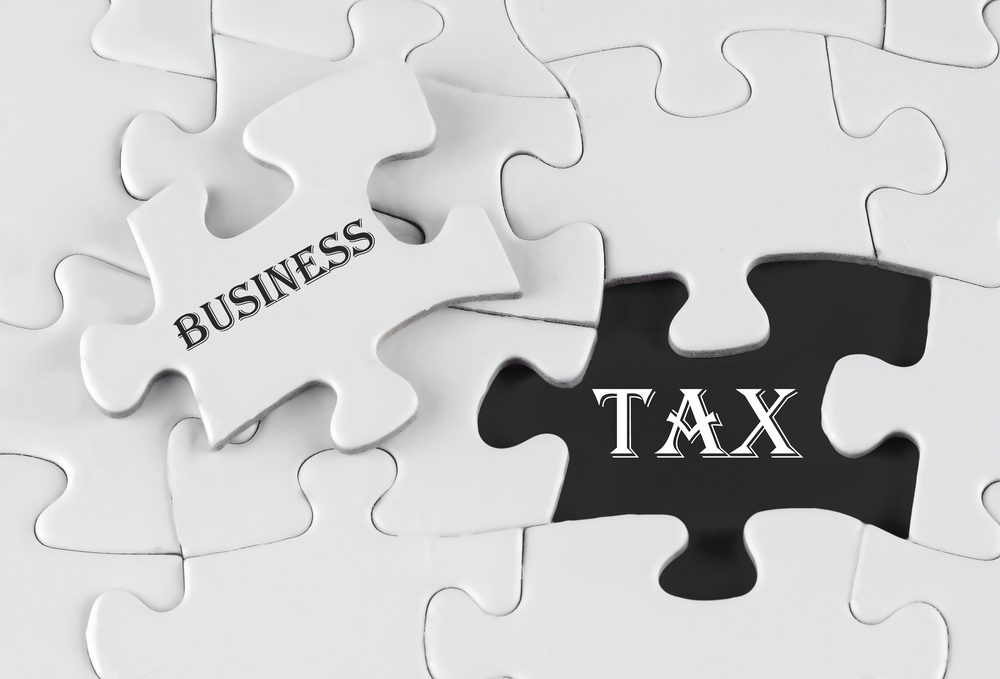One of the biggest expenses of any business is payroll. However, did you know that how you designate your workforce can make a difference to your bottom line and tax liability?
The Two Main Employee Categories
Not everyone who works for you is technically an employee. You can also outsource work, have temporary staff, use consultants or have a permanent crew of subcontractors who are considered independent workers. The main two types are employee and independent contractor.

Shutterstock Licensed Photo – By Khai9000Pictures
What’s the difference?
Employment status is greater than just the difference between requesting a W4 and a W9 form. When hiring an employee, you have control over their work schedule and base pay, and there is no set term of employment. You’re also responsible for deducting taxes, Medicare and FICA from their paycheck and paying a tax for each employee. With an independent contractor, you pay them a set amount that’s determined by contract, and they’re responsible for paying their crew and setting aside money for income tax, social security and Medicare.
Without a formal understanding, there is a thin line between who’s an employee and who is an independent worker. There is a set of criteria that the IRS uses to categorize employees from contractors, but it breaks down into three categories:
Behavioral: Are you able to control how and where the worker performs the job whom they perform work for or their work schedule? Have you or your predecessor treated other workers performing in a similar capacity for a certain period of time as employees (post-1977)?
Also Read
Financial: Are there economic controls placed on pay, such as how much or how often they’re paid or days off?
Relationship: Is there a formal contract that designates a specific duration of work to be performed? Do you provide any sort of health benefits or sick days?
What Happens if You Misclassify a Worker?
If there was an honest mistake, the IRS offers a chance to rectify the situation by following the guidelines outlined in Publication 1976, Section 530 Employment Tax Relief Requirements. However, those who willfully misclassify employees to escape tax liabilities are subject to paying back taxes and penalties amounting to more than 40 percent of the amount paid as a contractor, and the Department of Justice (DOJ) can order you to pay up to three years back wages.
Which is Best for My Company?
Basically, if you have work that needs to be performed regularly, but only takes a few hours a week, such as payroll processing, an independent contractor is better. This is also the best option if you have a short-term project that needs extra help and when you need business consultation before a major decision. This does not include seasonal employees or temp workers, who are legally considered employees even if they work for you on a limited basis.
One of the biggest causes for confusion at tax time is a misunderstanding between business owners and workers over employment status. Not solidifying their designation at the outset, in writing, can lead to additional tax liabilities and penalties for you. Small business owners are especially vulnerable to mistakes without legal, tax and human resources assistance, so consult with an accountant about employment and tax issues.
